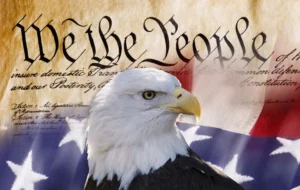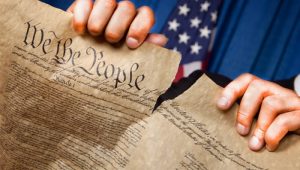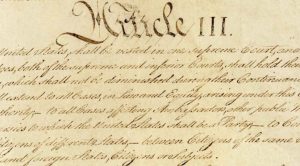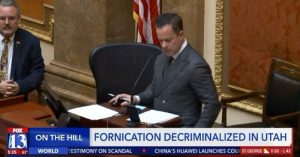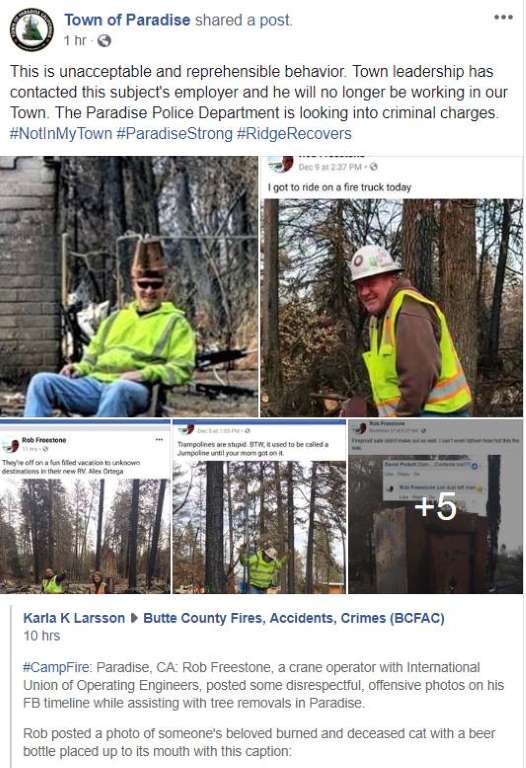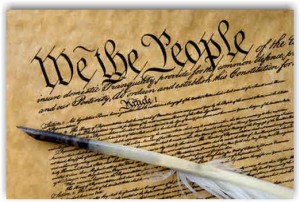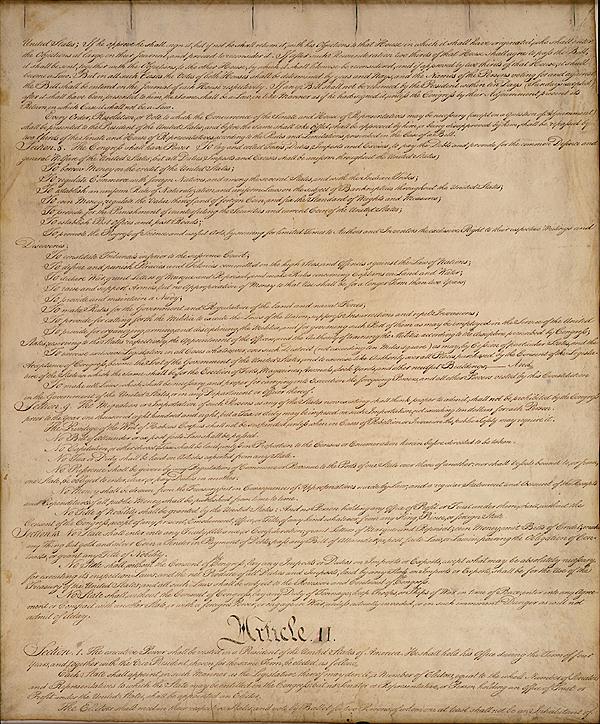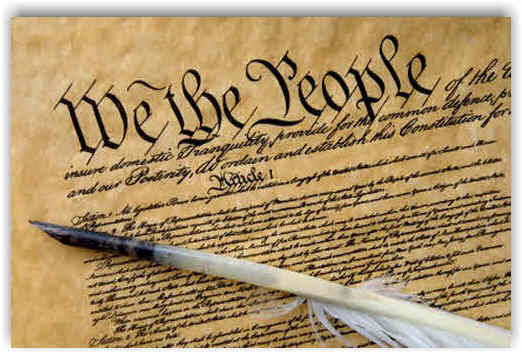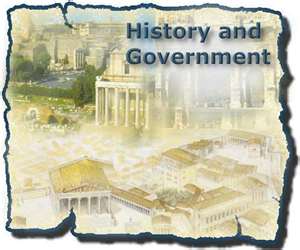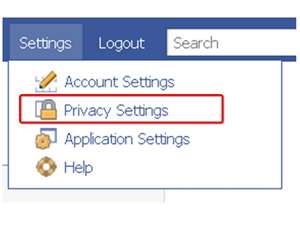At the old man’s retired club breakfast the other day an interesting topic of conversation came up in regards to law enforcement officers. Well, it’s always an interesting conversation with the old man’s retired club but this one struck my Libertarian fancies.
We were speaking about getting pulled over by law enforcement officers and sobriety tests. We were all in agreement that passing a sobriety test while completely sober was something beyond our old man capabilities and I suggested that if such a situation were to arise, refuse to take the test.
One of my fellow old men suggested this would piss off the law enforcement officer and I found myself in agreement. That’s what I’d like to examine today.
Law Enforcement doesn’t like it when you Exercise your Constitutional Rights
At the time I didn’t think much about my friend’s comment. I basically agreed with it. A law enforcement officer who runs into someone who refuses to comply, citing the Constitution as the reason, is going to get angry.
But why? Aren’t law enforcement officers sworn to uphold the law? Isn’t the Constitution of the United States the highest law in the land? Shouldn’t officers not only respect your declaration of rights but actually applaud it. You’re right, old man. That is your right and I’m not only proud of you for knowing it, but I’ll fight for you against anyone who tries to take it away.
That should be the response but it’s not. I find that troubling. I find it troubling that officers are encouraged to lie to you, deceive you into giving away your rights, taking advantage of this surrender, and attempting to penalize you as much as possible.
Doesn’t Exercising my Constitutional Right make Law Enforcement’s job Harder?
At first glance, it sure does. But maybe not. When people give up their rights, they make it significantly easier to be convicted of a crime, sometimes, certainly not always, but sometimes a crime they did not commit.
We end up prosecuting a lot of people who actually didn’t commit a crime at all. It’s not the job of a law enforcement to determine guilt or innocence. If such an officer has reasonable suspicion that a crime has taken place, they must simply arrest the person and turn the rest of the matter over to the justice system. That’s the way the Founding Fathers intended it to work.
You must remember, the men who wrote our constitution were subject to many summary violations of the rights we hold dear today. The English law enforcement officers could simply come into a home at any time, search for whatever evidence they hoped to find, take it, and use it against you. They could arrest you for no reason at all and interrogate you for an extended period in a condition that amounted to torture.
They could actually live in your house, eat your food, sleep in your bed. This was the environment in which the Constitution was written. This is why we have such protections and why you should always assert them. And, of course, why law enforcement should fully support you doing so.
Conclusion
If a law enforcement officer doesn’t like you asserting your legal rights, perhaps that is not such a good job for that person. I find it disturbing that, by and large, law enforcement officers are enraged when a suspect asserts her or his legal rights. I think that’s an issue with the way we perceive the job.
It’s a situation that came about for a number of reasons. Focus on revenue instead of enforcement, the war on drugs, and others. This is not the fault of the law enforcement officer; she or he is simply responding in the way he or she was trained. It is a problem for the United States.
I say to citizens. Assert your rights boldly and proudly. I say to officers, do the same and support and applaud those who do so.
Tom Liberman
